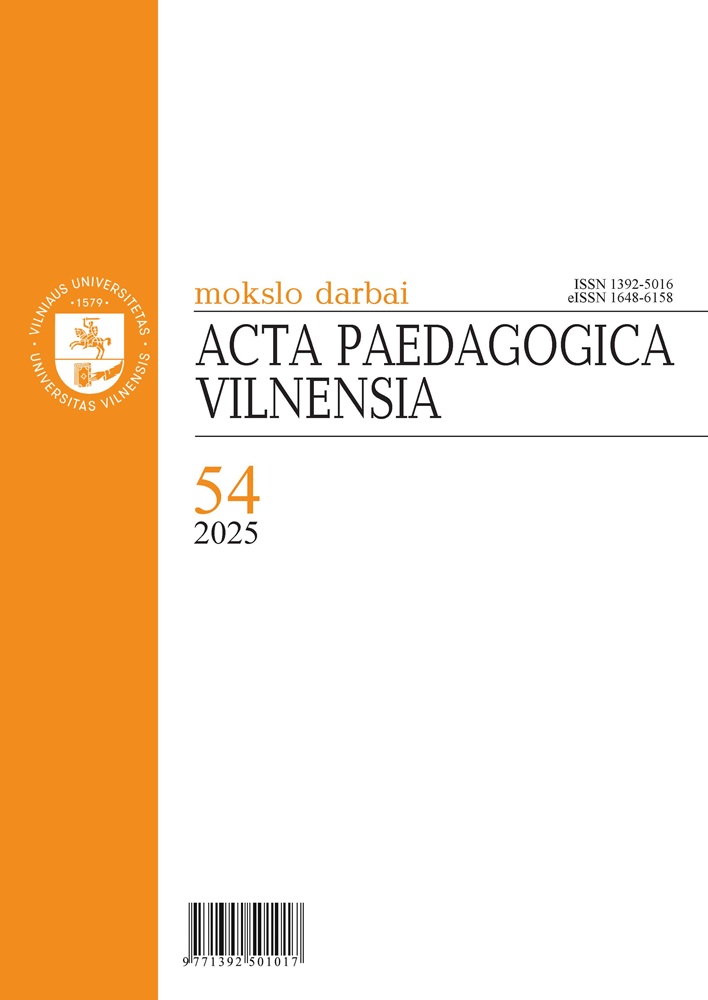Abstract
The article explores the concepts of multiculturalism and democracy in the educational context of Latvia and provides a brief historical overview of the background and evolution of these ideas. The study of multiculturalism in post-Soviet countries acquires particular significance and relevance considering the profound transformations these nations have undergone since the collapse of the Soviet Union. With the transition from a ‘socialist way of life’ to nation-state building, post-Soviet societies have faced unique challenges to cultural integration. The authors emphasize the importance of examining the past, including the socialist model of democracy and the Soviet concept of ‘friendship of peoples’, to understand the contemporary approaches to multiculturalism and the challenges of its implementation in the post-Soviet space.
The article considers multiculturalism as a scientific concept, a discourse on cultural differences, an integration policy, and a strategy for managing inter-ethnic interactions. It also investigates the changes in the Latvian educational system under the influence of different political regimes, with particular attention to the role of language and ethnicity in the educational policy and the impact of these factors on social and cultural processes.

